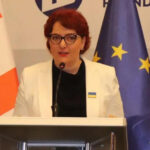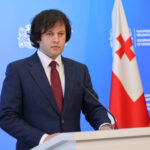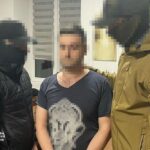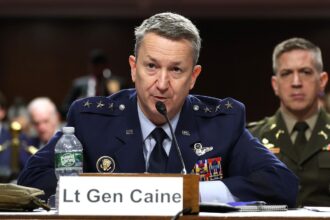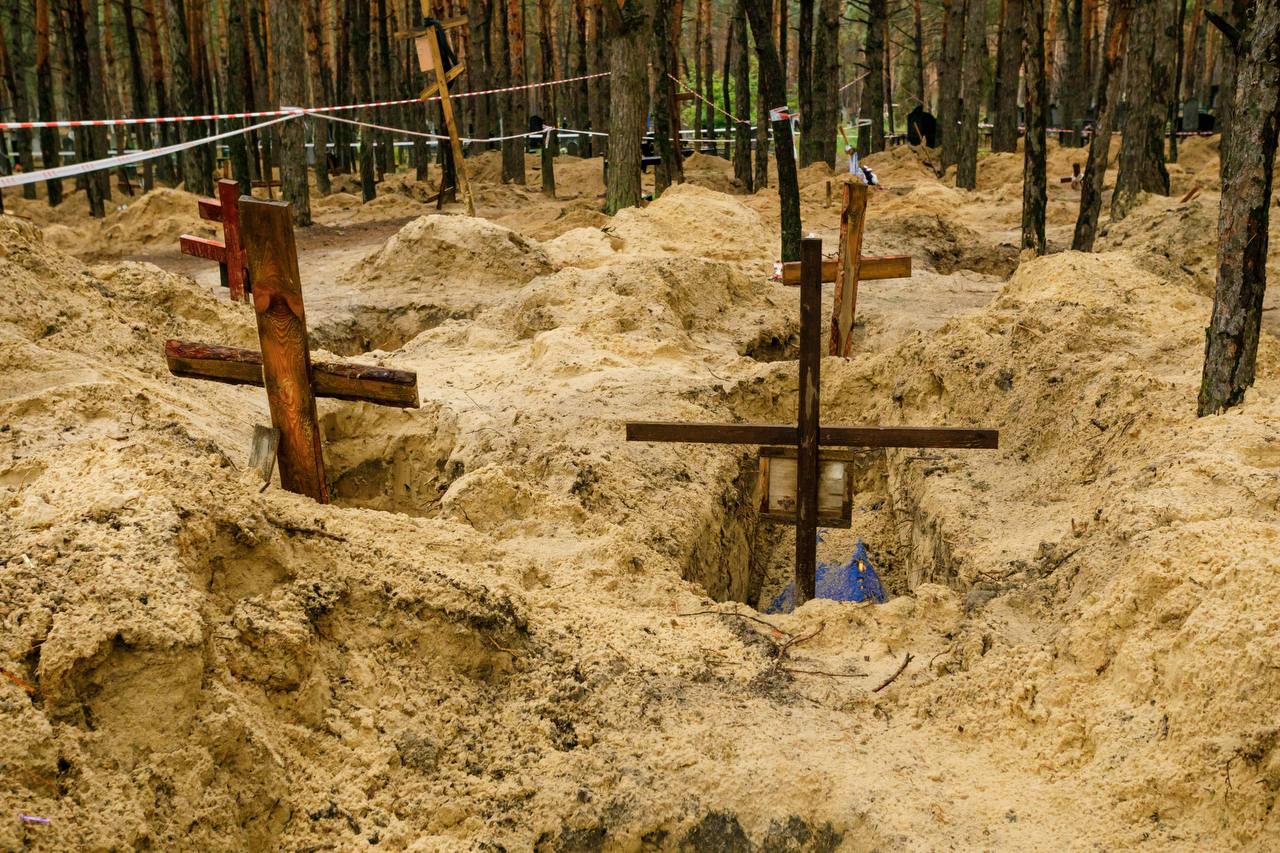Ukraine and the US Embassy have committed to improving DNA analysis capabilities in response to the increasing number of unidentified and missing bodies. Over 70,000 DNA profiles were cataloged. Now, efforts are underway to build five more labs in Ukraine.
Ukraine’s Ministry of Internal Affairs reported that the US Embassy and Ukraine have agreed to intensify their cooperation in DNA analysis and identifying unidentified body parts to hold Russia accountable.
According to reports, the Ukrainian military has suffered approximately 70,000 casualties and between 100,000 and 120,000 injuries since the outbreak of the war in February 2022. Civilians have also suffered a heavy toll. Since the beginning of the war, the Office of the United Nations’ High Commissioner for Human Rights reports that over 11,520 civilians were killed.
The Ukrainian Deputy Minister Leonid Tychenko noted that the Missing Persons Registry in Ukraine currently contains data about over 53,000 citizens. More than 2,300 unidentified remains have been found within the country. Ukraine is working with international partners to collect samples of biological material, especially from those forced to leave their country. This will help identify remains.
Tymchenko stressed that this information would be needed not only in the war, but also afterwards as some bodies are still in combat zones where they cannot be recovered. These DNA profiles will also help solve criminal cases and boost civilian security after the war. He also noted the urgent need for additional equipment in order to store bodies and expand DNA profile capabilities.
Diane Kon, Deputy Chief of the US Embassy Law Enforcement Section at a meeting with Tymchenko highlighted the importance of DNA analysis. She stressed that it helps expose war crimes and ensures Russia faces legal consequences. She reaffirmed US commitment to providing Ukraine with necessary equipment and resources.
Since 2022, the National Genetic Database of Ukraine has grown from 25,000 DNA profiles to nearly 70,000. The Ministry of Internal Affairs operates 24 DNA laboratories. 13 of them can analyze unidentified remains or living individuals. Ruslan Abbasov said that the ministry plans to build five more full service labs. All of them will need additional equipment and reagents.
Artur Dobroserdov informed US partners on 9 November about Ukraine’s Missing Persons Registry, and the ongoing collaboration between law enforcement and the Missing Persons Registry to identify the dead, and locate missing individuals. He said that the war has created many obstacles to identifying and searching for missing individuals. However, he stressed the importance of swift, efficient actions. Its work reveals that Russia has been violently treating Ukrainian prisoners, resulting in deaths.
Dobroserdov emphasized the importance of having systems to collect and store human biological samples for effective search operations.
Artem Shevchyshen is the Ukrainian Deputy Director of the Main Investigation Department of the National Police. He called DNA analysis “the last hope” for families searching for missing loved ones. Over 92,000 DNA tests have been performed in relation to missing persons cases. These data are also used for the investigation of other violent crimes.
Shevchyshen said that law enforcement has a unique chance to gather evidence about Russian war crimes because Russian troops left fingerprints, biological traces and torture facilities on Ukrainian soil.
If the complaint is accepted by an Argentinean court, it could be the first case filed outside Europe and the US of alleged Russian crimes against Ukraine.
Read More @ euromaidanpress.com




